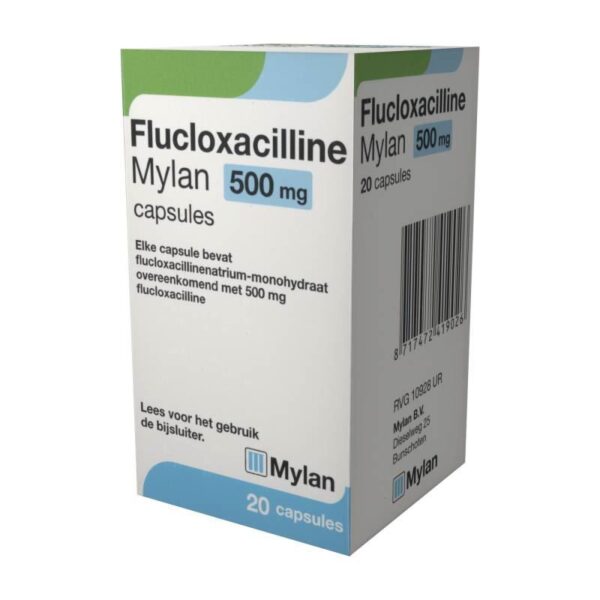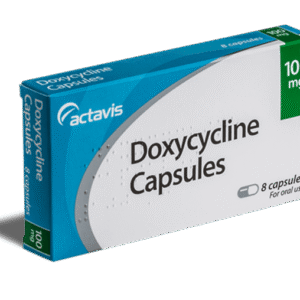Flucloxacillin Mylan | Buy Flucloxacillin Without a Prescription | Flucloxacillin Mylan 500mg
Flucloxacillin 500 mg | Before taking flucloxacillin
Warning: Flucloxacillin can cause serious liver damage, especially in elderly
patients and those who use it for more than 14 days .
When you shouldn’t take it
Do not take flucloxacillin if you are allergic to:
• Medicines containing flucloxacillin or other penicillins;
• Cephalosporin antibiotics;
• Beta-lactam antibiotics;
• Any of the ingredients listed at the end of this leaflet.
Some symptoms of an allergic reaction may include a rash, itching or hives, swelling of the face, lips, tongue or other parts of the body, shortness of breath, wheezing or difficulty breathing.
Flucloxacillin | Before you use it
Talk to your doctor or pharmacist before taking this medicine:
If you are using or are going to use paracetamol
There is a risk of blood and fluid abnormalities (high anion metabolic acidosis) if plasma acidity increases when flucloxacillin is used concomitantly with paracetamol, particularly in certain risk groups, such as patients with severe renal impairment, sepsis, or malnutrition, especially when the maximum daily dose of paracetamol is used. High anion metabolic acidosis is a serious condition requiring urgent treatment.
Tell your doctor if you are allergic to any other medicines, foods, dyes, or preservatives.
Tell your doctor if you have any medical conditions, especially the following:
• liver problems;
• kidney problems;
• asthma, hay fever, eczema or other allergic conditions.
Flucloxacillin fk | Using other medications
Tell your doctor if you’re taking any other medications, including those you buy without a prescription at your pharmacy, supermarket, or health food store. Also tell any healthcare provider who prescribes a new medication that you’re taking flucloxacillin.
Some medicines can interfere with the way flucloxacillin works. These include:
• Probenecid, a medicine used to treat gout;
• Some antibiotics, such as tetracycline and macrolide antibiotics.
How is flucloxacillin taken?
How much to take
How long should you take it?
Continue taking flucloxacillin until you finish the pack, or for as long as your doctor recommends. Don’t stop taking flucloxacillin, even if you feel better after a few days, unless your doctor tells you to. Your infection may not clear up completely if you stop taking your medication too soon.
Did you forget to take flucloxacillin?
Flucloxacillin side effects
Like all medicines, flucloxacillin can cause side effects in some people, although not everyone gets them.
Common side effects
Common side effects of flucloxacillin affect more than 1 in 100 people. Keep taking the medicine, but tell your doctor or pharmacist if these side effects bother you or don’t go away:
- to be sick (nausea) or to be sick (vomiting);
- diarrhea;
- bloating and indigestion;
Serious side effects
Serious side effects are rare and affect less than 1 in 1,000 people.
Call a doctor if:
- you get diarrhea (possibly with muscle cramps) containing blood or mucus, or severe diarrhea that lasts more than 4 days;
- You have pale stools with dark urine and the whites of your eyes or skin turn yellow (this may be less noticeable with black or light brown skin) – this could be a sign
- if you have liver problems;
- You get bruises or discolored skin;
- You have joint or muscle pain that starts after 2 days of taking the medicine;
Some of these serious side effects may not occur until up to two months after stopping treatment with flucloxacillin.



